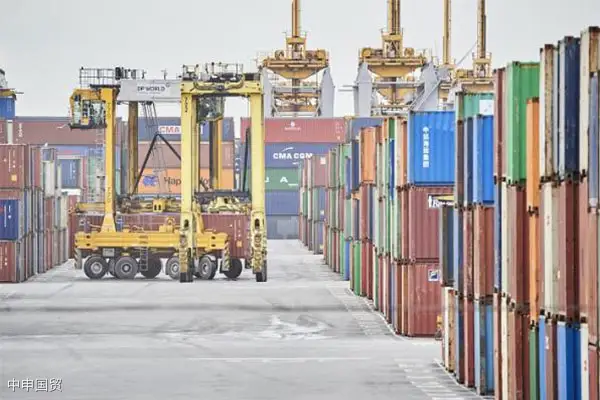- Shanghai Zhongshen International Trade Co., Ltd. - Two decades of trade agency expertise.
- Service Hotline: 139 1787 2118

On January 24, 2024, the European Commission released a critical document—the Export Control White Paper. In this document, based on existing EU and international multilateral export control mechanisms, the European Commission proposed a series of short-term and medium-term action recommendations aimed at strengthening and unifying export control policies within the EU.
The core content of this white paper includes ensuring the EU continues and strengthens unified export controls. This means that EU member states will achieve a higher degree of collaboration and standardization in the field of export controls, thereby improving the overall efficiency and effectiveness of export management.
Another key recommendation is the establishment of a high-level political coordination forum for export controls. This forum will provide a platform for EU member states to discuss and coordinate export control policies, facilitating policy consistency and action coordination among member states.
The European Commission also emphasized the need for better coordination of recently introduced National Control Lists. These lists are export control catalogs independently set by member states. Through better coordination, export control policies among EU member states can be made more consistent and effective.
Finally, the white paper also proposed clarifying the evaluation timeline for dual-use items export control regulations. This measure will make laws and policies regarding the export of dual-use items (i.e., goods and technologies that can be used for both civilian and military purposes) more transparent and predictable.
The release of this Export Control White Paper marks an important step by the EU in unifying and strengthening export controls. By implementing these recommendations, the EU can not only improve its own export management efficiency but also more effectively address security and political challenges in international trade. As the global trade environment becomes increasingly complex, the EU has strengthened its role and influence as a unified economic entity on the international stage through these measures.
Original text:Factsheet Economic Security – White Paper on export controls
Related Recommendations
? 2025. All Rights Reserved. 滬ICP備2023007705號(hào)-2  PSB Record: Shanghai No.31011502009912
PSB Record: Shanghai No.31011502009912









